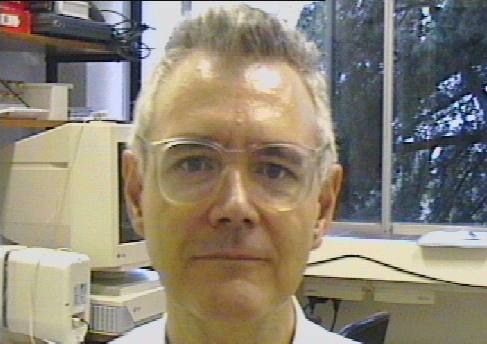
"[Progress] is the exception, and for every case of it there are ten of degeration." -- J.B.S. Haldane, biologist, Possible Worlds, 1927
"The ancient Chinese, Babylonian, Hindu, Greek, Roman, and most of the medieval thinkers supporting theories of rhythmical, cyclical or trendless movements of social processes were much nearer to reality than the present proponents of the linear view." -- Pitirim A. Sorokin, sociologist, Social and Cultural Dynamics, 1932
"Scientists generally have little historical sense, so that each single generation knows little of the struggles and inner difficulties of the former generation. Thus it happens that many ideas at different times are repeatedly conceived anew, without the initiator knowing that these subjects had been considered already before." -- Albert Einstein, mathematician, 1954
"In history and in evolution, progress is always a futile Sisyphean struggle...." -- Matt Ridley, zoologist, The Red Queen, 1993
"We are told that the evolution of human civilization is a linear process -- that it goes from stupid cave man to smart old us with our hydrogen bombs and striped toothpaste. But the proof that the Sphinx is many, many thousands of years older than the archaeologists think it is, that it preceded by many thousands of years even dynastic Egypt, means that there must have been, at some distant point in history, a high and sophisticated civilization -- just as all the legends affirm." -- John A. West, egyptologist, 1993
"... faith in progress is a superstition." -- John Gray, philosopher, The Myth of Progress, April 9th 1999
"Todays obsession with 'progress' - a straight line from one accomplishment to another - blinds us to the lost realities of our past. Our research reveals a legacy closer to the ideas of the ancients." -- Rand and Rose Flem-Ath, scholars, 2010
Manuel Alfonseca, The Myth of Progress in the Evolution of Science, 1998
The concept of Progress is relatively modern. During the Middle Ages and the Renaissance, it was assumed [sic] that the great thinkers of Antiquity were unsurpassable. New theories had to be justified with the argument that Aristotle, Euclide or the appropriate authority (possibly misunderstood) had said the same thing before. Thus, medieval thinkers were not interested on being original, or what we now call the "copyright". New philosophical works would frequently be falsely attributed to the old masters.
Francis Bacon (1561-1626) was one of the first to launch the revolutionary idea that the great men of the past did not necessarily know more than we do [O.I.M.: i.e. he was the first arrogant ass of Scientism]. This opened the way to the concept of Progress, successively promoted by René Descartes (1596-1650) and Bernard de Fontenelle (1657-1757), who was the first to state that, from the biological point of view, antique and modern people are essentially equal.
The theory of Indefinite Progress appeared during the eighteen century. It is the inverse of the medieval idea, and affirms that the future is always superior to the present. Abbé St. Pierre (1658-1753), Turgot (1727-1781) and Condorcet (1743-1794) may be considered its fathers. Condorcet divided History into ten successive steps. The tenth (ours) is the age of science, rationalism and revolution, and will open the way to an age of prosperity, tolerance and illustration (Utopia is always just around the corner).
The theory of Indefinite Progress gained general acceptance during the nineteenth century. Auguste Comte (1798-1857) proposed a different succession of steps, the last being the age of science and industry. As always, back turns are forbidden. Our arrival to the scientific era is final.
The discovery of evolution in the nineteenth century gave new expression to the principle of Indefinite Progress, which came to be redefined in biological terms: Biological evolution is a process towards more and more complexity. ...
A philosopher, Oswald Spengler (1880-1936) announced the stop of the indefinite progress of our civilization. His work The Decline of the West (1923) was very influential during the depressive years after the first world war.
A historian, Arnold Toynbee (1889-1975), in his monumental A Study of History, saw civilizations as entities that are born, grow, stabilize and die (or become living fossils), although they may leave descendants. Indefinite Progress becomes a statistic phenomenon, difficult to measure except at a distance, similar to the advance of a car as a consequence of the movement of its wheels.
An anthropologist, Alfred L. Kroeber (1876-1960) suggested, in his Configurations of Culture Growth, that people of genius are not born alone, but form configurations preceded by precursors and followed by declines. Again, not Indefinite Progress, but a succession of ups and downs.
A sociologist, Pitirim A. Sorokin (1889-1968) accumulated quantitative data in his Social and Cultural Dynamics, suggesting that intellectual and cultural activities (science and philosophy) go through long cycles of about two thousand years alternating intuitive phases (with a predominance of philosophy and religion) and sensitive phases (dominated by science). We are currently in the middle of one of the latter, but sooner or later this phase will end, as its predecessors.














No comments:
Post a Comment